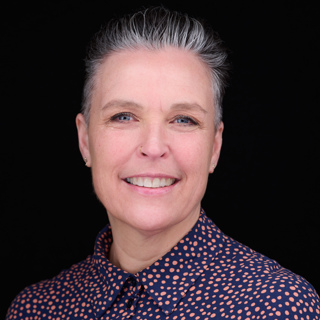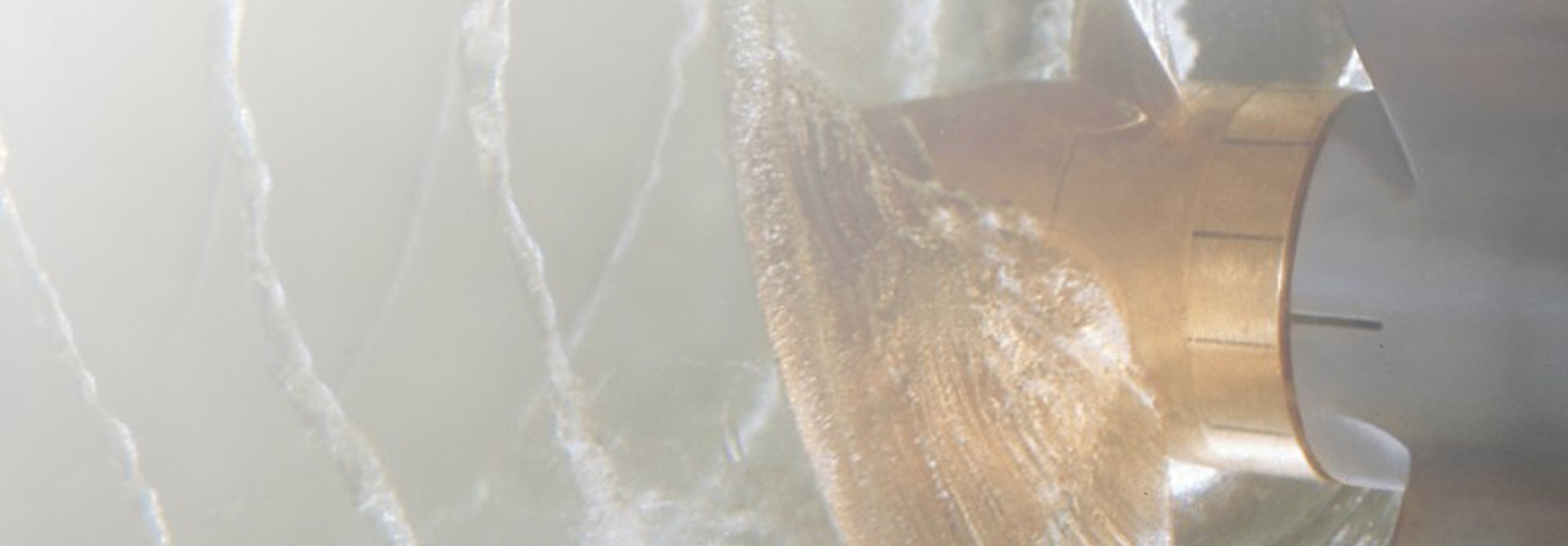Training Marine Propulsion: Marine Internal Combustion Engines, (sustainable) fuels & emissions (module 2)
The training series Marine Propulsion Systems is a unique technical and international oriented training for those who wish to acquire in-depth knowledge of the design of different marine propulsion systems. The training series consists of 4 modules which can be individually attended. The whole series gives a complete overview of marine propulsion systems. During the second module ‘Marine Internal Combustion Engines, (sustainable) fuels & emissions’ the working principles and characteristics of different types of internal combustion engines, like diesel, gas and dual-fuel reciprocating engines and gas turbines will be discussed. Sign up

Organizer
Marjolein Greve
Adviseur Trainingen
+31 (0)6 30 15 02 41
academy@maritimetechnology.nl
Objective
At the end of this module the participant will be able to select the right internal combustion engine for a vessel based on the expected operational profile and the different (dis)advantages of different marine internal combustion engines.
Topics
- Internal combustion engines: working principle, indicator diagram, performance, power density, fuel and air consumption, emissions.
- Working principal of 2-stroke vs 4-stroke engines, crosshead vs trunk piston, diesel-, gas- and dual-fuel engines, gasturbines etc.
- Turbocharging: pressure charging, operating envelope, sequential turbocharging
- Air control valves: waste gate, blow-off valve, by-pass valve.
- Thermodynamics: air cycles, otto cycle, diesel cycle, seiliger (dual) cycle, efficiencies, mean indicated pressure, etc.
- Fuels and fuel injection systems: traditional and high pressure injection pumps and injectors, gas injection systems
- Gas and dual-fuel engines: different types, ignition, injection and its influence on NOx and methane slip, knock and misfire, air excess ratio.
- What are the consequences of sustainable solutions for internal combustion engines? And what is the role of internal combustion engines in the energy transition?
- Application of fuel cells.
Target Group
This module is intended for designers and (sales) engineers who deal with the integration or the design of marine propulsion systems during concept design phase. It will also be of interest to people who come across aspects of these systems during their (daily) work and who wish to learn more about the working principle of marine propulsion systems.
Course material
For this training course we use the book Design of Propulsion and Electric Power Generation Systems as a reference. The participants can order the book ‘Design of Propulsion and Electric Power Generation Systems’ by Prof. Klein Woud and Prof. Stapersma (publication by Imarest) and a binder with the lecture slides. These items can be ordered on the registration form.
Lecturer
Netherlands Maritime Technology (NMT) organises the first module in close cooperation with Delft University of Technology. The lecturer is professor P. de Vos MSc, Director of Studies Marine Technology.
Grade
Participants rated this training with an A.
Dates
The 10th and 11th of May 2024
Duration
Two days
Time
09.00 – 17.00 hours
Location
NMT office, Boompjes 40 (or another location) in Rotterdam (the Netherlands)
Costs
Members € 1.350,-
Non-members € 1.700,-
The training series Marine Propulsion consists of 4 modules, which you can participate in independently. If you wish to participate in multiple modules, we offer will offer you a discount on the totall price.
1 module = full amount
2 modules = 5% discount on the total amount of both courses
3 modules = 10% discount on the total amount of 3 courses
4 modules = 15% discount on the total amount of 4 courses
All modules you have registered for, need to be completed within 2 years. Discount will be deducted from the last invoice.
If the organisation you work for falls within the ambit of the CAO Metalektro, you might entitled to compensation from one of the A+O development funds. Please go to the website of A+O Metalektro (foundation for development by the social partners in Metalektro) if you are looking for more information. If your organisation falls within the ambit of the social partners in metalworking, you might be entitled to compensation from one of the OOM educational settlements. Please go to the website of OOM (schooling agency for the social partners in metalworking) if you want more information about these funds.
Other modules
Marine Propulsion: Propulsion Plant Concepts and Basic Ship Hydrodynamics (module 1) – 6th and 7th of March 2024
Marine Propulsion: Propulsion system integration: Matching machinery and propeller (module 3) – 22nd and 23rd of May 2024
Marine Propulsion: Electrical Drives and Characteristics (module 4) – 13th & 14th of March 2024 and 21st and 22nd of November 2024
More information
For more information please contact Jeannette Lucas, Training Manager at the NMT’s office via T +31 (0)88 44 51 000 or E academy@maritimetechnology.nl.
Convinced? Then sign up
Related events
Shipbuilding for non-shipbuilders (ENG course)
With this training you increase your knowledge of shipbuilding. You learn the major topics of the shipbuilding process and the shipbuilding terms.
Training Onboard Fluid Distribution Systems Q324
This training will strengthen your competence in design and engineering of onboard fluid distribution systems. The training Onboard Fluid Distribution Systems covers the main (technical) aspects of design and operation of marine auxiliary systems on board of ships.
Training Onboard Fluid Distribution Systems
The training Onboard Fluid Distribution Systems covers the main (technical) aspects of design and operation of marine auxiliary systems on board of ships.
